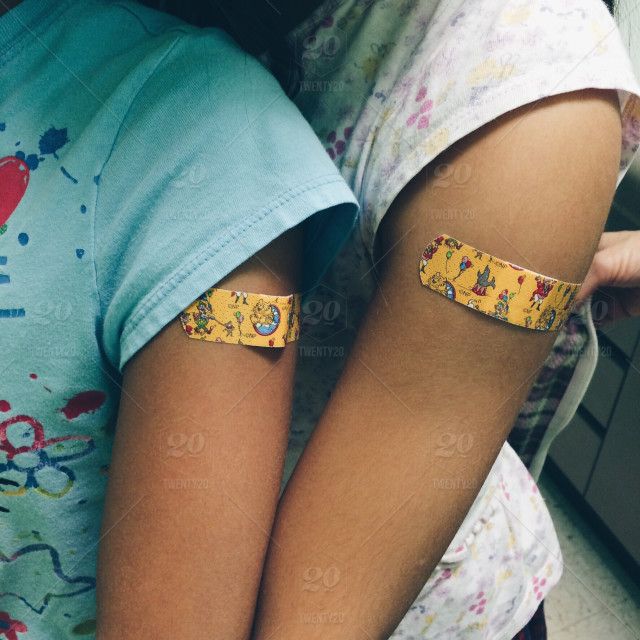Flood
It is important to keep children away from flood affected areas. During flood clean-up and recovery operations, there are many dangers present including drowning, heavy equipment removing debris, electrical shock, and water borne illness.
Children should not be allowed to play in flood waters or with toys that have not been properly disinfected after being exposed to flood waters. Toys can be disinfected with a solution of one-eighth cup of bleach per two gallons of water.
It is critical to remember to practice good hygiene during a flood emergency. This may be difficult to do but efforts should be made to wash hands thoroughly with soap and water that has been boiled or disinfected chemically. Proper hand washing is required:
- Before preparing or eating food
- After using the bathroom
- After participating in flood clean-up activities
- After handling items that have been contaminated with flood water or sewage.
Flood waters may be contaminated with fecal matter from overflowing sewage systems or from agricultural operations such as feedlots. These waters may also contain industrial or waste products.
While skin contact with flood water may not, in itself, present a serious health risk, there is some risk of disease from eating or drinking anything that has come in contact with flood waters. Cuts or sores that are exposed to flood water should be kept as clean as possible by washing with soap and clean water to prevent infections.
Private well owners should watch for contamination.
Flood conditions pose serious threats to the safety of drinking water supplies. Area residents and businesses on flooded private drinking water wells or with changes in taste, smell or cloudiness may be at risk of consuming contaminated water. If you suspect your drinking water supply was contaminated, drink only commercially bottled, boiled or treated water until your well is tested and found safe. Testing kits can be obtained from Seri-Tech in Hastings, The Adams County Extension Office or from the State Laboratory at 402-471-4122.
For more information of Flood, click here.



